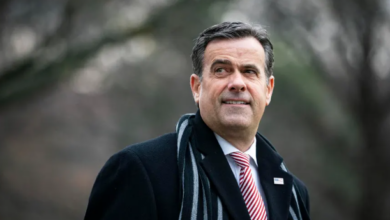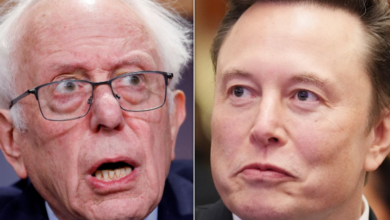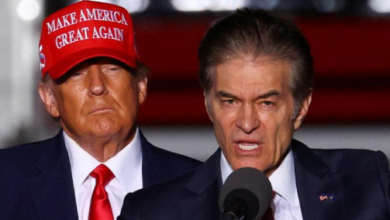U.S. House Passes Bipartisan Stopgap Spending Bill to Avert Shutdown


In a significant legislative move, the U.S. House of Representatives passed a temporary spending bill to prevent a government shutdown. The bill, championed by House Speaker Mike Johnson, garnered substantial bipartisan support, reflecting a concerted effort to maintain government operations amidst political differences.
Bipartisan Effort in a Divided House
The House approved the bill with a 336-95 vote, where 209 Democrats and 127 Republicans supported the legislation, and 93 Republicans and two Democrats opposed it. This vote was crucial for Johnson, who recently assumed the Speaker role under challenging circumstances. With a slim majority, his leadership was tested in navigating the bill through the House, especially against the backdrop of opposition from some Republicans.
A Two-Tiered Approach to Funding
In an unusual move, the bill adopted a two-tiered approach to funding. It extends government funding for certain agencies like Agriculture; Energy-Water; Military Construction-VA; and Transportation-HUD until January 19, while funding for other federal operations will expire on February 2. This strategy aims to provide lawmakers with additional time to negotiate detailed spending bills for various government programs.
Points of Contention and Support
Despite broad support, the bill faced criticisms from both sides of the aisle. Some Republicans expressed frustration over the lack of inclusion of spending cuts and border-security measures they sought. On the other hand, Democrats raised concerns about the bill’s failure to include supplemental funding for international and domestic priorities. Representative Rosa DeLauro criticized the bill for not including additional funding for programs like the Special Supplemental Nutrition Programs for Women, Infants, and Children, a Biden administration priority.
Significance and Next Steps
The passage of this stopgap bill is a significant step in preventing a government shutdown, particularly during the holiday season. The bill now moves to the Senate, where it is expected to receive support from both Democratic and Republican leaders. The success of this bill in the House underscores the importance of bipartisan cooperation in ensuring the continuity of government functions and services.
The ongoing negotiations and discussions around this bill reflect the complexities of budgeting and funding within the U.S. government, highlighting the delicate balance between differing political priorities and the pragmatic need to maintain governmental operations.





